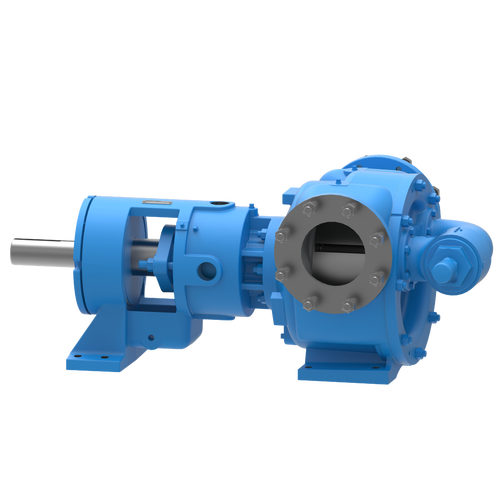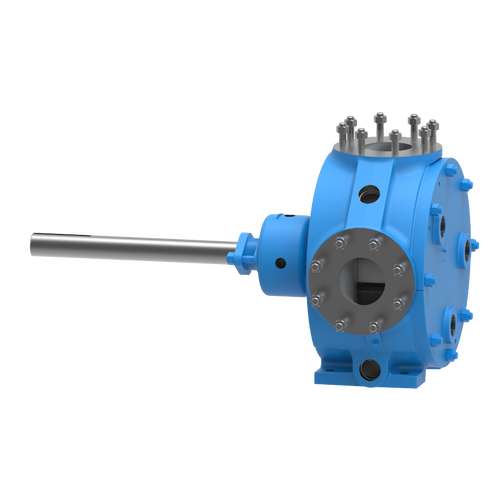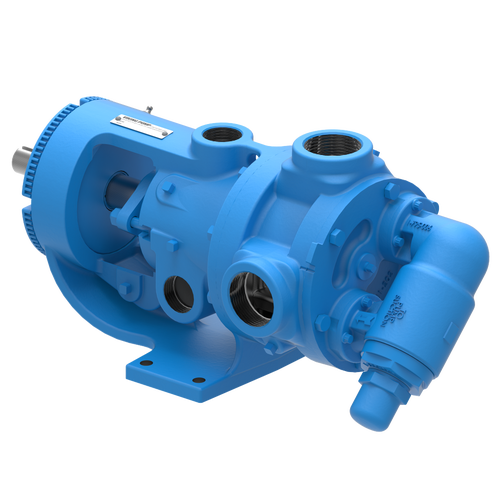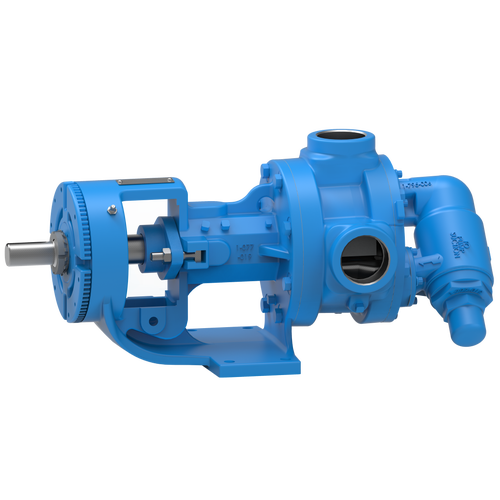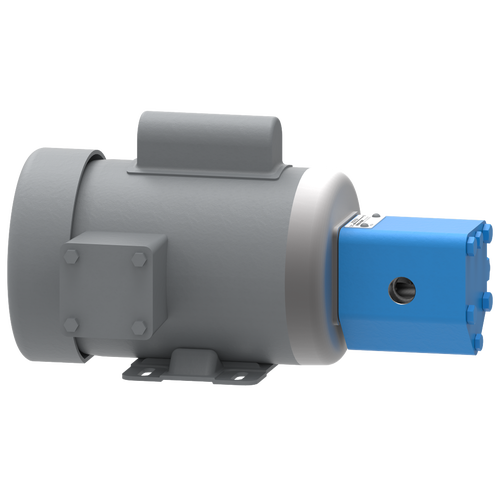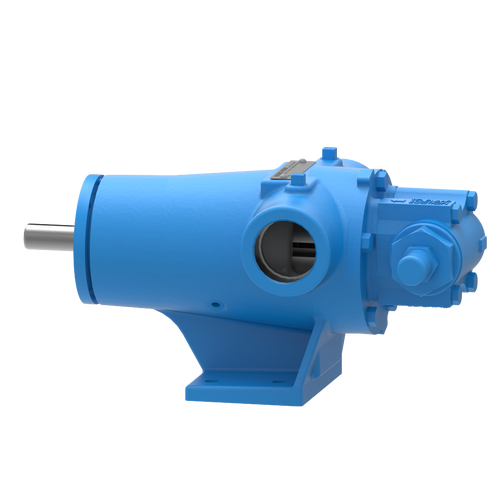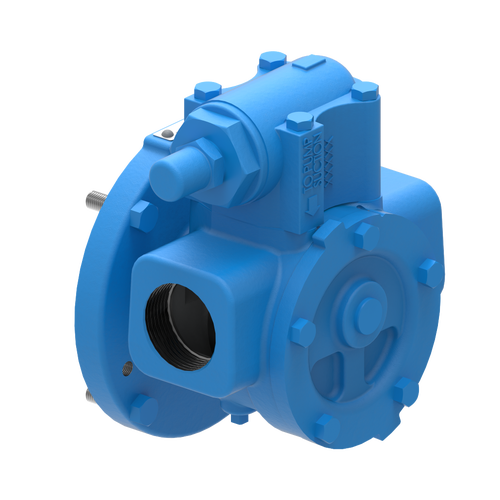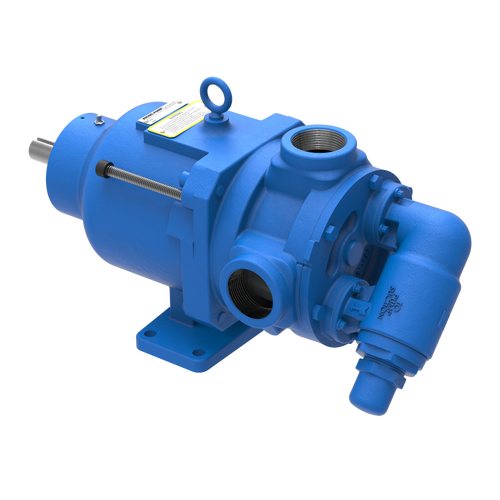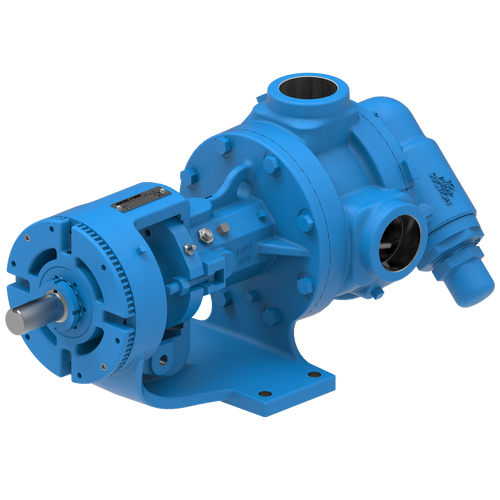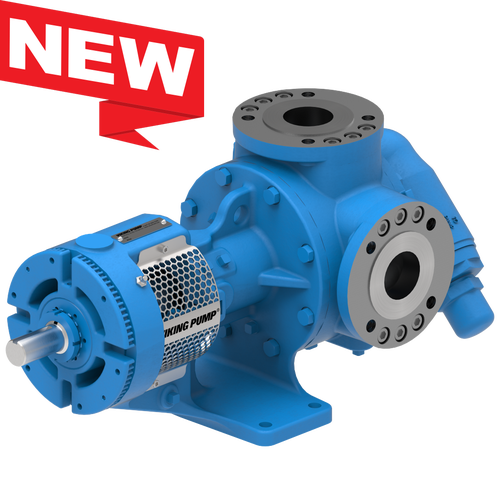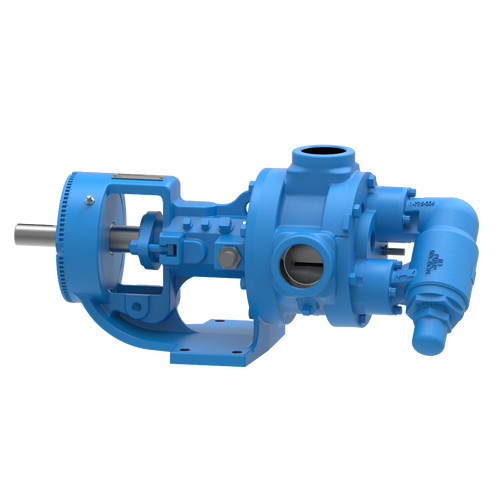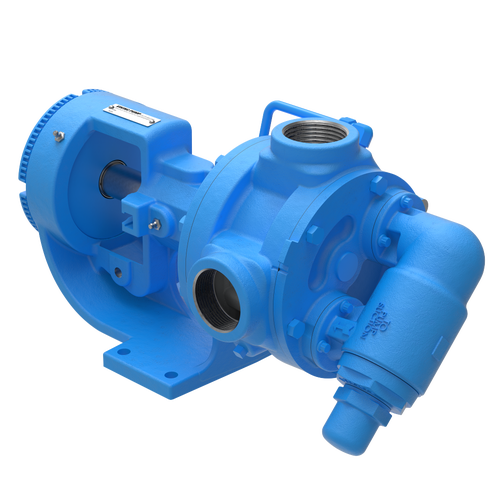The Viking Pump Advantage
With over 110 years of experience providing positive displacement pumping solutions, Viking Pump has a rich, lengthy history of providing engineered solutions for tough applications. We have dedicated sales and field support specialists who are supported by a team of customer service representatives and engineers. Our knowledgeable team of application engineers available to help with product selection and technical support. USA based company with vertically integrated manufacturing facility.
Vertically Integrated Manufacturing Process
Viking Pump operates a foundry, a 250,000+ square foot machining, assembly and testing center, and an extensive product engineering and testing lab in its world headquarters in Cedar Falls, Iowa, USA. This level of vertical integration ensures maximum quality, ability to satisfy special needs, and to meet project schedules reliably.

Below is a sampling of applications that Viking Pump OEM products play a role in. Whatever the product is, our team is here to help you find the best solution.

Asphalt Cement
Clean asphalt contains no fillers and is an oil based liquid. It is primarily used in paving roads, waterproofing liquids, and paints. Typically they are handled at elevated temperatures to reduce the viscosity of the asphalt. The pump needs a source of heat like jacketing or electric heat to prevent the product from solidifying in the pump.

Asphalt Emulsions
Emulsions are asphalt suspended in a mixture with water or other liquids. This is done to ease the application of the asphalt. Uses would be crack filling, coating roadways, or waterproofing. These emulsions are shear sensitive and must be handled with care.
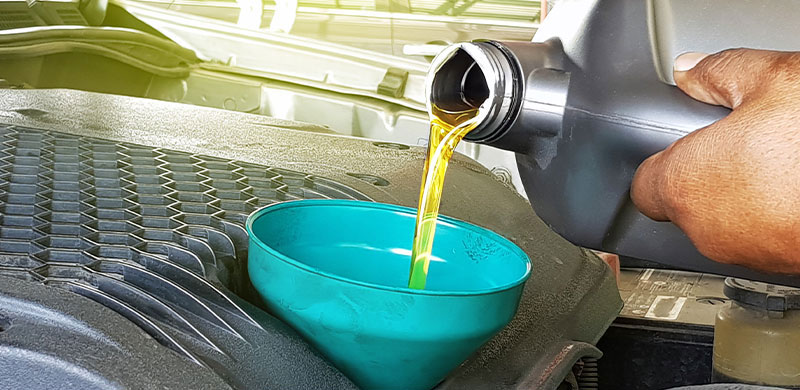
Lube Oil (Machinery Lubrication)
Machinery lubrication pumps are used in everything from small backup generators to naval ships. Lube oils, as the name implies, are the liquids used to lubricate rotating and reciprocating machinery. Lube oils may be handled at higher pressures to ensure their penetration of the equipment.
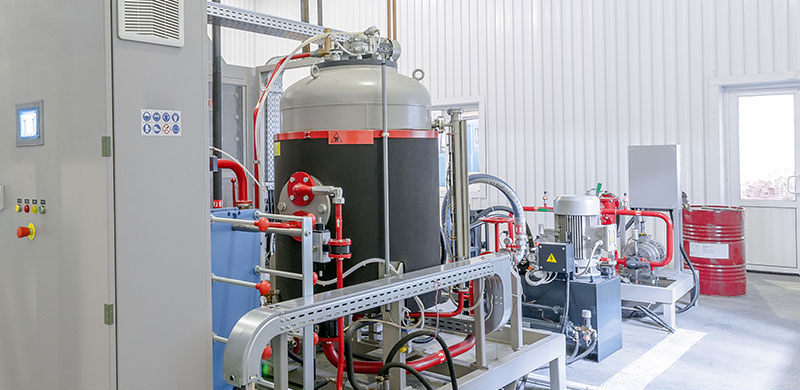
Isocyanate
Also known as TDI, MDI, or diisocyanate. Isocyanate is used as a hardening or curing agent in polyurethane foams, industrial coatings, elastomers, inks, and resins. It is extremely sensitive to moisture in the air and hydrocarbons making air-tight seal options extremely critical.
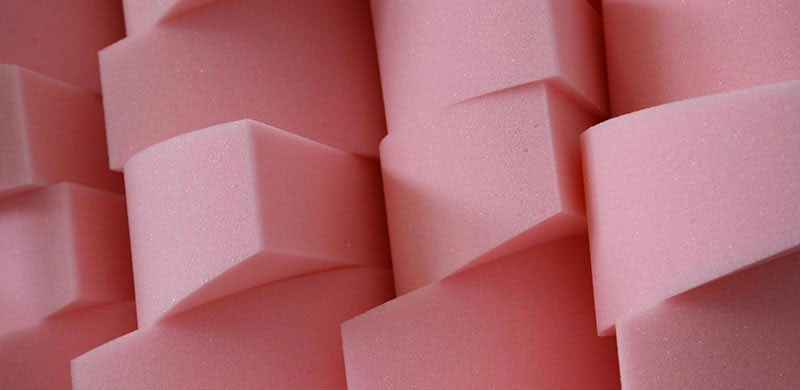
Polyurethanes
Polyurethane foam is produced when a polyether is treated with a isocyanate in the presence of water and a catalyst, as well as fillers, dispersing and emulsifying agents, etc. The water reacts with the isocyanate group to cause cross linking and curing, and also produces carbon dioxide which causes foaming. May also be known as Isocyanate liquid.
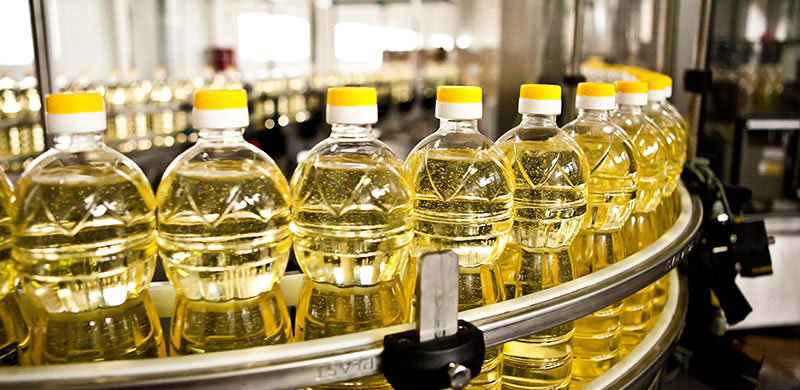
Cooking Oils
Hot cooking oils are used primarily for deep fat frying of vegetables and meats. Some cooking oils or fats will become solid at room temperature, however the pumps are typically located close enough to the supply that it keeps the pump warm. The viscosity is typically water-thin at normal operating temperatures.
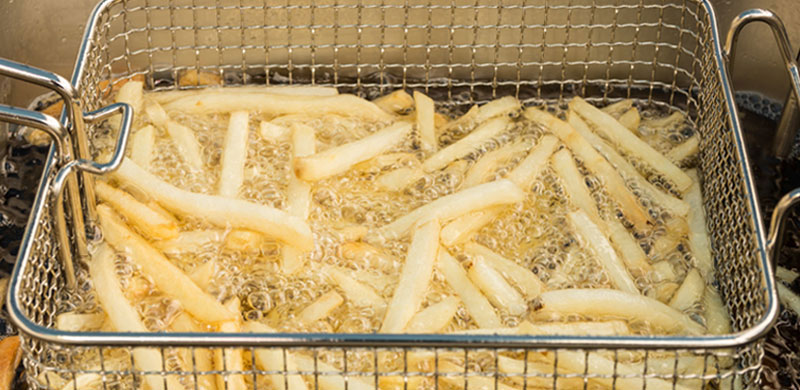
Edible Oils
This group of oils may consist of olive, palm, soybean, canola, pumpkin seed, corn, sunflower, safflower, peanut, grape seed, sesame, and rice bran or a blend of these oils that is typically referred to as vegetable oil.

Reclaimed Asphalt
Reclaimed Asphalt is typically a dirty or filled asphalt containing a bitumen blend with solids that could be limestone or rubber based. These solids result in very high viscosities and abrasive nature, resulting in the need for extra clearances, low run speeds, and the inclusion of hardened parts.
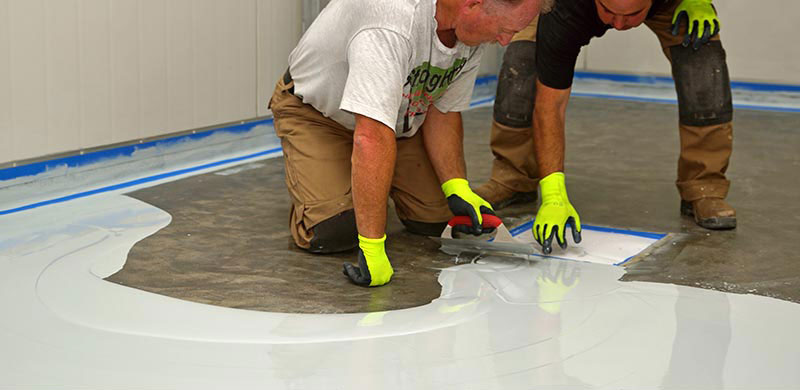
Resins
Resins are high viscosity liquids with potentially shear sensitive (thinning) components, and made up of solvents, waxes, surfactants, and semi-solid resin particles all with various chemical compatibility concerns. These resins can be used in polyurethanes, epoxies and other adhesives. In some cases, resins contain pigments that bring with them abrasive wear concerns.
